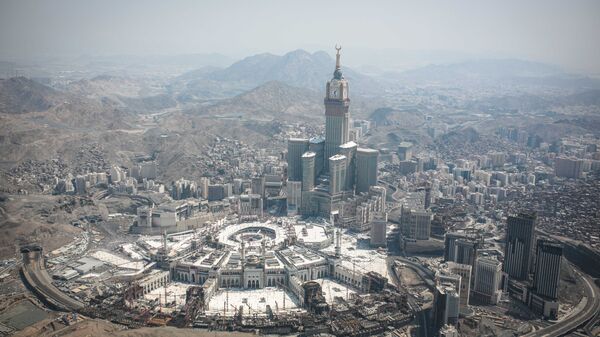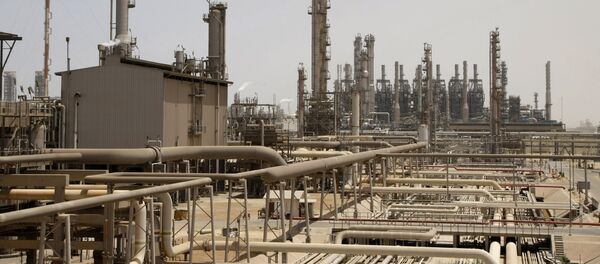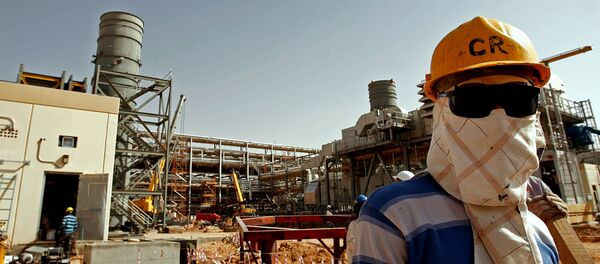Saudi Aramco is undoubtedly the most valuable company in the world. Since 1980 the company has been owned by the government of the Gulf Kingdom. According to some estimates, if Aramco went public its market capitalization would reach $10 trillion, overshadowing Apple, ExxonMobil, Berkshire Hathaway and Google — combined.
However, there are certain obstacles in the way of taking Aramco public.
"A historic decision to sell the family jewels would require enormous coalition-building efforts behind closed doors… A decision of this magnitude probably requires sufficient time for a next-generation leader, like Prince Mohammad or his cousin, Crown Prince Mohammad bin Nayef, not only to ascend the throne but also to consolidate their power once in office," the experts write in their article for The National Interest.
On the other hand, a "fire-sale" of Aramco is hardly the best way to maximize returns with oil prices at their twelve-year low and no prospects of increasing in the near future.
Don't hold your breath, recommends Holly LaFon of GuruFocus.com: value investors would face certain challenges if they buy the Saudi assets, she notes citing Dr. Sheridan Titman, director of the Energy Management and Innovation Center at the University of Texas at Austin.
According to Titman, Saudi Arabia is "as politically unstable as any place in the world," and the biggest obstacle for value investors to jump at the opportunity to buying a piece of those assets is risk.
It is unlikely that Saudi Arabia will loosen its control over the company after privatizing it. It means that the company's policy will be closely aligned with the political objectives of the Saudi government. Are investors ready to leave their potential profits at the discretion of impulsive Saudi royalties?
"If Saudi Aramco goes public, Saudi Arabia will face an enormous existential dilemma. The Saudi royal family's total control of Arabia's oil wealth is the root of all of its power, influence, and success," deems Cyrus Sanati of Fortune, adding that the move would be regarded as a sign of weakness by Saudi Arabia's enemies.
Palace insider @mujtahidd says that @Saudi_Aramco upstream not on the table — IPO only for downstream and midstream https://t.co/lwLUQu2xUG
— Cyrus Sanati (@BeyondBlunt) 15 января 2016
The idea to take the company public is not new — for years the possibility of privatizing Aramco have been quietly discussed in the palace's corridors. The question remains open whether the concept would eventually become a reality.




